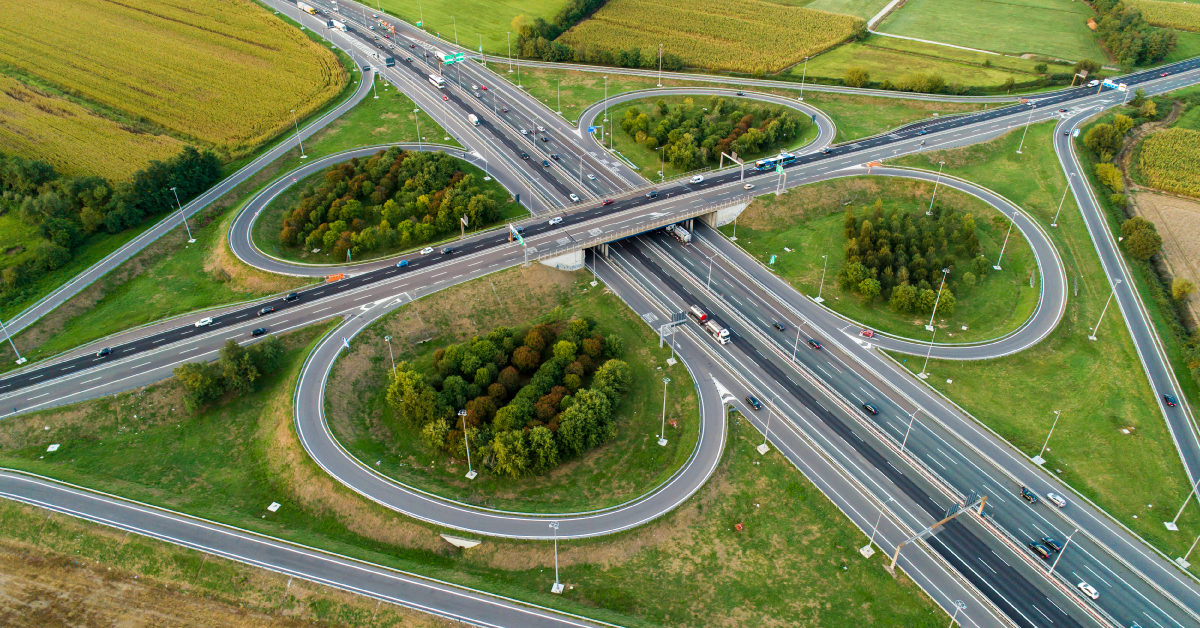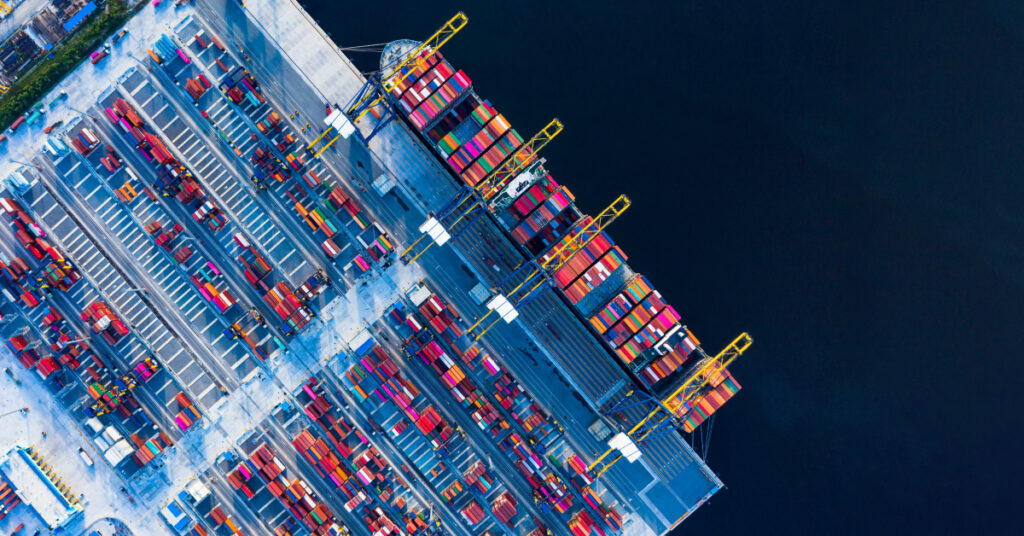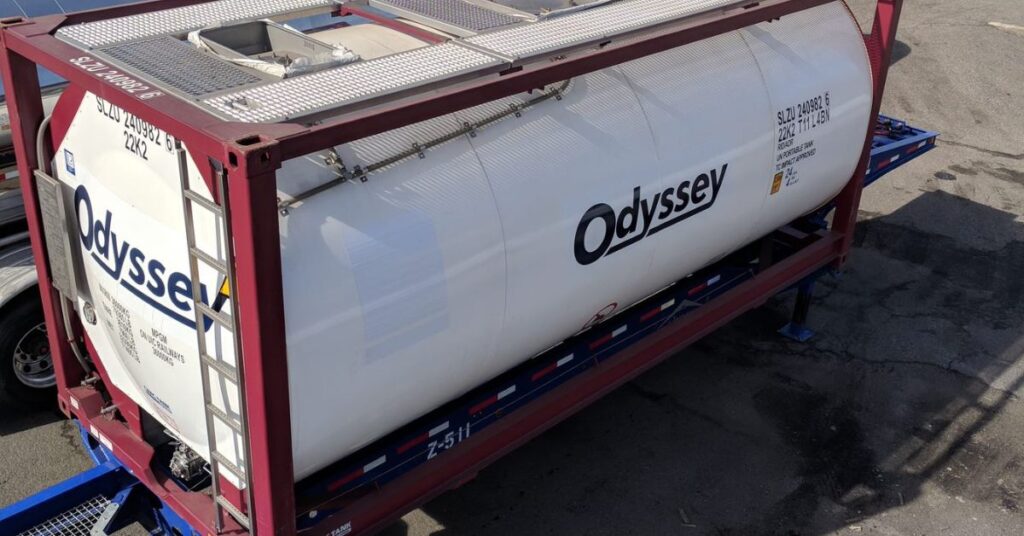All eyes are on sustainability right now as customers, suppliers and other stakeholders expect the companies they work with and/or buy from to implement more environment, social and governance (ESG) strategies. The transportation sector is particularly well positioned to make improvements on the sustainability front.
“Sustainability and environmental concerns are becoming increasingly important in the logistics and supply chain industry,” Tugce Cambel writes in Sustainability and Environmental Trends in the Logistics Industry. “As consumers become more aware of the impact of their purchasing decisions on the environment, businesses are under increasing pressure to reduce their carbon footprint and adopt more sustainable practices.”
According to Cambel, organizations are addressing sustainability and environmental concerns through the adoption of renewable energy sources. Some are investing in electric energy, instead of gas/oil, to reduce their reliance on fossil fuels and lower their carbon footprints, for example. Others are optimizing their transportation networks in order to reduce emissions and improve efficiency.
“This can include the use of electric and hybrid vehicles, as well as the adoption of more-efficient routing and scheduling practices,” Cambel points out. “Some of these vehicles are even autonomous and fully-automated, although this technology is still [in its early stages].”
Paving smart, new sustainability paths
In the transportation world, a cloverleaf provides a safe path for vehicles to change directions. That’s the same thinking that drives the Odyssey Cloverleaf™ Program, which is changing the way supply chains impact the environment. The program seeks out smart, new sustainability paths that all shippers, carrier partners, consumers, investors and others can benefit from.
The Odyssey Cloverleaf Program leverages innovative ways to advance sustainability, reduce costs, improve margins and better serve every organization and person along the supply chain. To do so, it enlists current and emerging technologies including electrification, alternative fuel vehicles (AFVs), internet of things (IoT) enabled devices, predictive/prescriptive analytics and telematics.
In 2022, Odyssey gathered data from its full suite of multimodal services across its four divisions. The total emission reduction was over 314 million metric tons last year.
In 2023, Odyssey is casting an even wider net to show the industry that environmental stewardship can be achieved alongside initiatives to drive business growth. Automated commercial tools created by Odyssey and data unearthed through the Cloverleaf program will give its customers actionable data to make decisions on the most environmentally friendly transportation mode for their needs.
Taking a mode-agnostic approach, Odyssey is leveraging its multimodal leadership and solutions to help shippers choose the best carbon footprint to meet each situation and need.
Protecting the planet is good business
Sustainability initiatives shouldn’t be isolated from business growth. Shippers, customers, carrier partners and investors can simultaneously reduce environmental impact, while advancing their economic interests.
For more information about Odyssey’s Cloverleaf Sustainability Program, visit https://www.odysseylogistics.com/why-odyssey/project-cloverleaf/.








